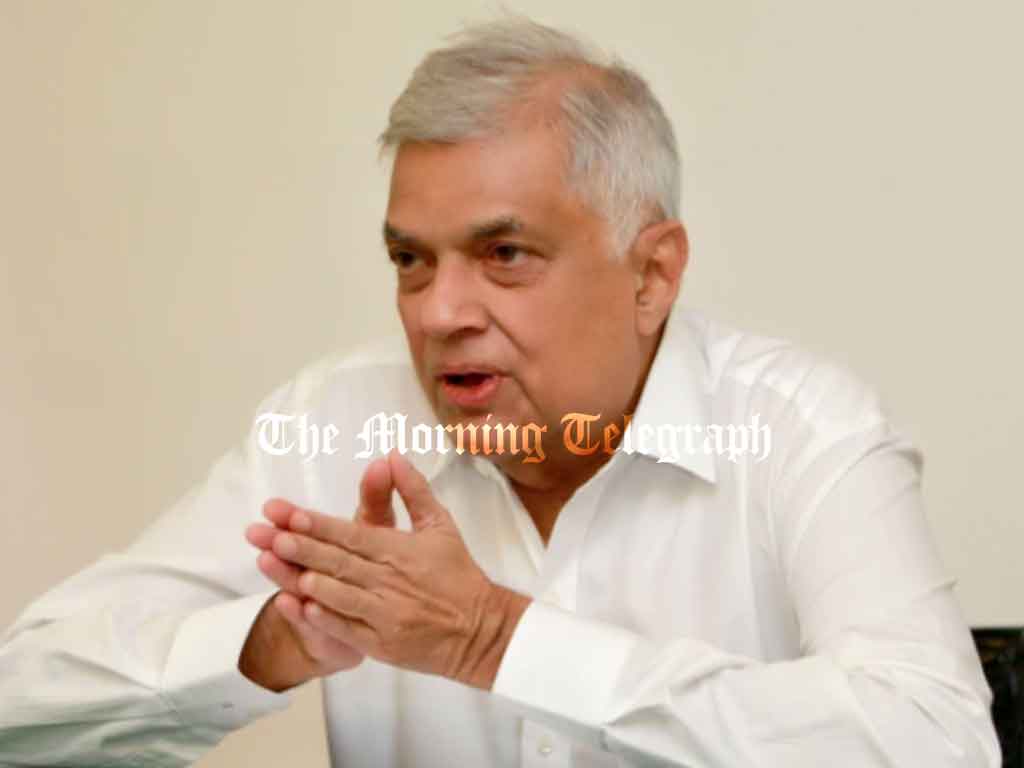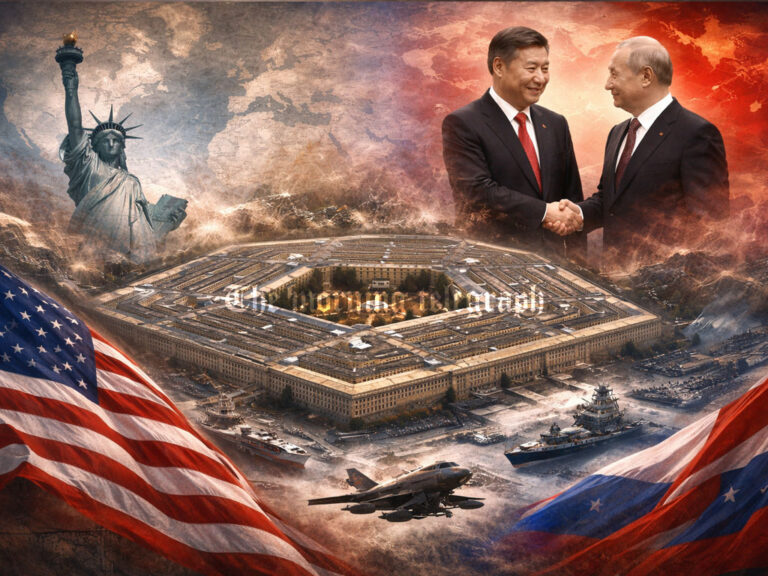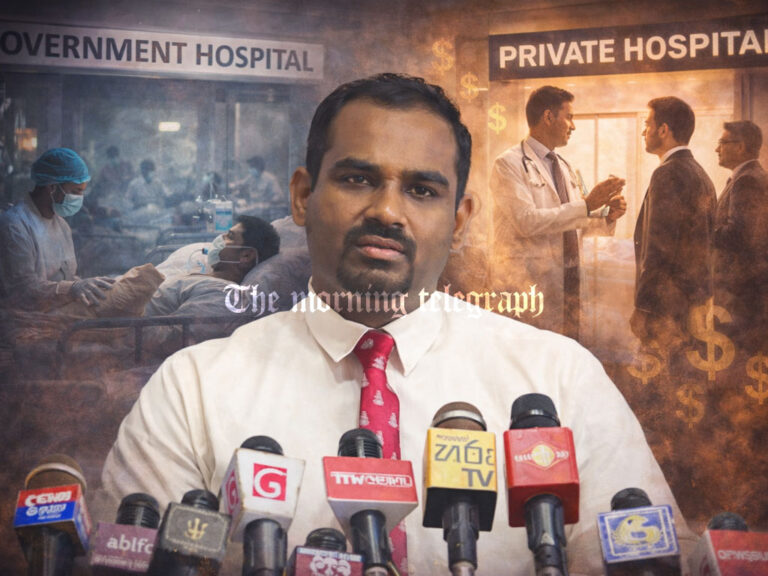
UNP leader Ranil Wickremesinghe has urged the government to officially announce that Sri Lanka has successfully emerged from bankruptcy, following significant strides in economic recovery under the current International Monetary Fund (IMF) program. Speaking in a special address regarding the progress made through the IMF-backed initiatives, Wickremesinghe expressed confidence in the country’s economic trajectory, which has exceeded earlier expectations.
According to Wickremesinghe, the IMF originally forecasted a modest 2% economic growth rate for Sri Lanka in 2024. However, the government’s proactive strategies, particularly in boosting the capacity utilization of industries and businesses, have contributed to an impressive 5% growth rate. Wickremesinghe thanked key stakeholders, including the Ministry of Finance, the Central Bank, and the Presidential Secretariat, for their efforts in achieving this economic milestone.
With the country’s Gross Domestic Product (GDP) showing positive growth, Sri Lanka has also seen an increase in tax revenues. Wickremesinghe highlighted that the rise in tax income has provided an additional boost to the government’s fiscal health. He emphasized that these gains have been made while strictly adhering to the conditions outlined in the IMF agreement, and he strongly believes that continuing to honor this agreement is crucial for the country’s financial stability.
Looking ahead, Wickremesinghe acknowledged that the government has completed essential financial activities, such as the issuance of new international bond coupons, which is expected to take place before December 20. He noted that the next step is to issue a formal statement declaring that the country is no longer bankrupt. According to Wickremesinghe, this announcement will pave the way for further financial measures, including relief for the public.
In this regard, the UNP leader reiterated the government’s decision to raise the tax payment threshold from Rs. 100,000 to Rs. 150,000, a move aimed at easing the tax burden on citizens. Although discussions with the IMF were held to increase the threshold to Rs. 200,000, the IMF did not agree to this proposal. Despite this, Wickremesinghe assured the public that once the economy strengthens further, additional relief measures will be introduced.
Wickremesinghe made it clear that there is no viable option other than to remain within the IMF program. He cautioned that stepping away from the agreement would risk returning the country to a state of economic instability. While acknowledging the opposition’s role in criticizing the government, he urged that such criticism be constructive and framed within the context of the IMF agreement, which remains a cornerstone of Sri Lanka’s ongoing recovery process.




